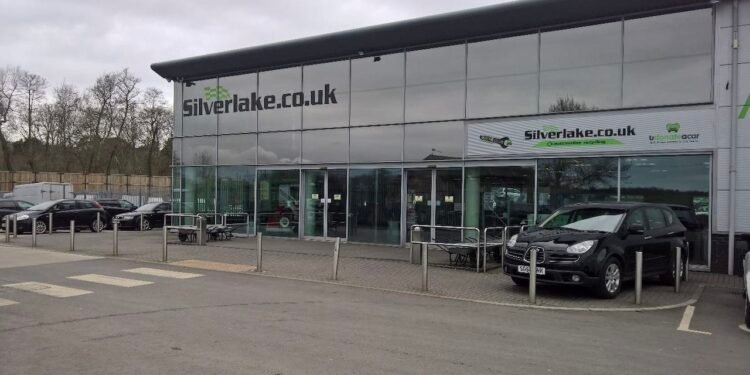Plans to more than double the size of a car recycling facility in rural Hampshire have triggered a fierce backlash from residents and local businesses, with more than 260 formal objections submitted to Hampshire County Council.
Silverlake Automotive Recycling, which operates near Shedfield just outside Winchester, wants to extend and reconfigure its main garage. The expansion would see the construction of new dismantling buildings for end-of-life vehicles, a dedicated electric vehicle (EV) battery removal centre, new storage and distribution hubs, and an R&D facility. Existing workshops would be demolished to make way for the new structures.
The company says the expansion is needed to keep up with rising demand for recycling services, driven in part by the rapid shift to electric vehicles and the region’s growing population. Silverlake currently employs around 140 staff at the site, but estimates this could rise to 200 by 2030 if the plans are approved.
But the scale and location of the development have sparked alarm in the surrounding villages of Curdridge, Shedfield, Wickham and Botley. Around 270 residents have registered objections, raising concerns about traffic, loss of green space, fire risks from EV battery storage, and the industrialisation of the Hampshire countryside.
Among the objectors is the owner of Wickham Wedding Venue and Vineyard, who warned: “Both businesses will be negatively affected by this development if it goes ahead. The planning application violates Policy 10 of the Hampshire Minerals & Waste Plan due to the risk of contamination from the greatly expanded storage of end-of-life EV batteries and the unknown risk of explosive, re-igniting fires. This area already floods with groundwater in heavy rainfall, and the huge proposed concreted area will make the flooding problem worse.”
Sue Bishop, a resident, criticised the proposed 5-metre fence and the “permanent industrialisation” of what is currently a rural area. “It will destroy wildlife and stop passage of animals across the area. The visual, acoustic and lighting impacts will be severe,” she said, questioning whether Silverlake had properly assessed alternative sites.
Other residents echoed worries about heavy lorries on country roads, flood risk, and a lack of sustainable transport options for the expanded workforce. “Most staff already travel by car, and as it stands this will not change,” said local resident Claire Hickley. “This business is not needed in this location. Other sites in the UK are in industrial areas—it does not make sense to place such a big scrapyard here.”
Elected officials have also weighed in. Winchester councillor Anne Small wrote: “The application would go against Hampshire County Council’s policy on protection of the countryside and development in the countryside. The recycling and reselling of car parts cannot be shown to require a rural location and therefore fails to justify this location under council policies.”
Councillor Vivian Achwal described the proposal as “totally unsuitable in a countryside location,” warning of increased HGV traffic on already busy and dangerous roads, and a negative impact on local businesses such as the Wickham Vineyard.
Despite the chorus of objections, the expansion has found support—over 130 letters have been submitted in favour, including some from Silverlake staff and local businesses. Matt Camilleri, a Silverlake employee, argued that the company is a leader in handling electric vehicles and stressed the importance of upskilling staff to meet industry changes. “The expansion plans will create a site capable of safely managing the additional volumes, while creating more jobs and upskilling more staff,” he said.
Other supporters point to Silverlake’s role in providing affordable parts to businesses nationwide and the potential for new local job opportunities. “Increasing the size of the yard will increase the stock of car parts, which in turn helps all of the businesses that buy parts from them. I’m in full support of the planning application,” wrote Strides Arc Ltd.
Hampshire County Council will now review all representations, with a decision on the controversial plans expected later this year.




























